Don’t call Israel an apartheid state
More stories from Michael Adato
A World War II reenactment group celebrates Israel Victory Day in Ashdod, Israel on May 9, 2018
Throughout the week of May 14, anti-Israel protesters are gathering around the country to mark what they call “Apartheid Week.” This event refers to Israel as “an apartheid state” and creates a false moral equivalence between the horrific racism of South African apartheid from 1948-1991 and the free, democratic State of Israel. DePaul’s Students for Justice In Palestine will be holding events on campus from May 14 to 17 to raise awareness.
Apartheid included laws prohibiting populations of different races from living together, laws codifying political censorship and repression, and segregation throughout every aspect of life. For example, The Immorality Act made it illegal for a white South African to have sexual relations with a non-white South African. These are the types of laws that make up the horror of apartheid.
In Israel, there is no equivalent to these heinous laws. Israel is a nation in which Christians, Muslims and Jews have access to all holy sites and government services as equal citizens under the law. Arab Muslims and Christians serve as civil servants, as politicians in the Israeli Knesset (Israeli parliament), and as judges on the Israeli Supreme Court. Every Israeli citizen has the right to protest, organize and publish whatever they would like. None of these things were possible for non-white South Africans living under apartheid.
Portraying Israel as equivalent to apartheid South Africa shows a disrespect for those who suffered in South Africa and for the diverse ethnic and religious backgrounds of the Israeli people. Rather than increasing polarization through hyperbole, Palestinians and Israelis should endeavor to hold honest dialogue about the facts on the ground. Peace can only be achieved through nuanced discussion, and the false comparison to South African apartheid makes peace harder to reach.
Earlier in the year, Hillel: The Foundation for Jewish Campus Life sponsored a trip to Israel with 17 DePaul students of different backgrounds. During the trip, students travelled from north to south and east to west, hearing the stories of Israelis and Arabs. Those who went were able to understand the complexities and nuances of life in that place. In addition, I just returned from a joint trip of 10 DePaul students of various backgrounds and faiths to Washington, D.C., during which we heard from diverse speakers including Arabs, Israelis, Muslims and Jews. These sorts of programs, where people can truly speak to one another across lines of division, is what we need on our campus. I am proud of our DePaul Hillel and our community for our dedication to dialogue and understanding to create peace and prosperity for all. We welcome all to join us in our quest for peace and justice for Israel.


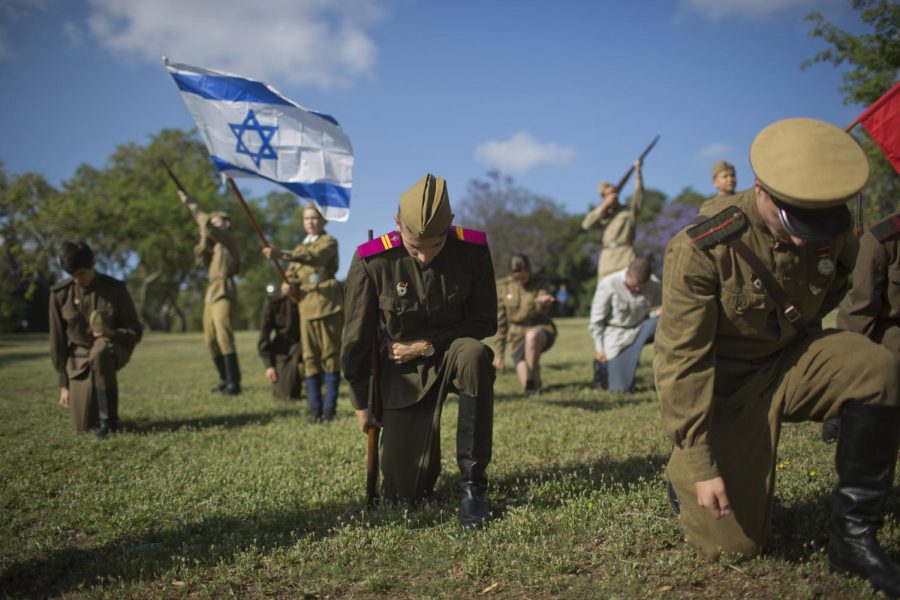


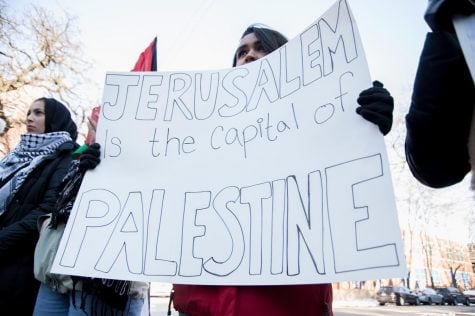
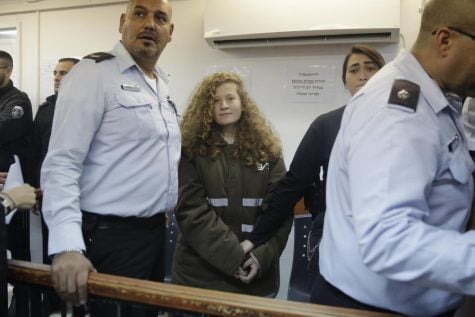


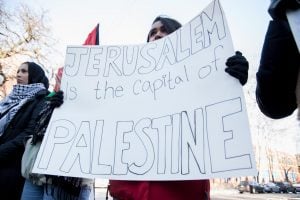




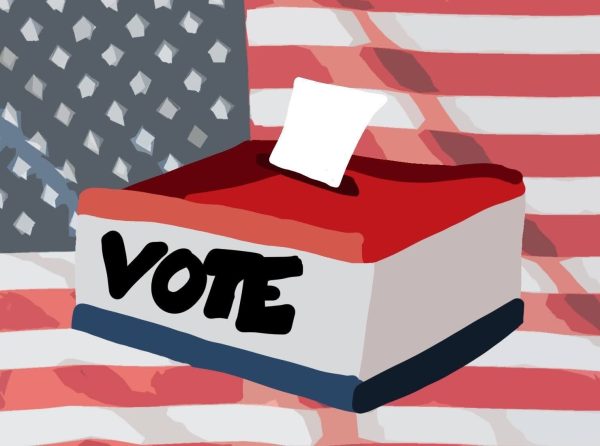
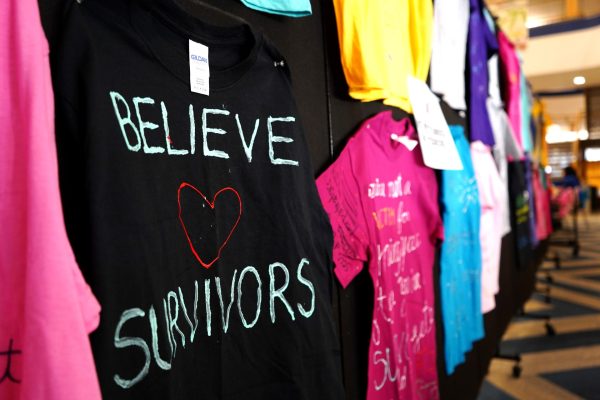

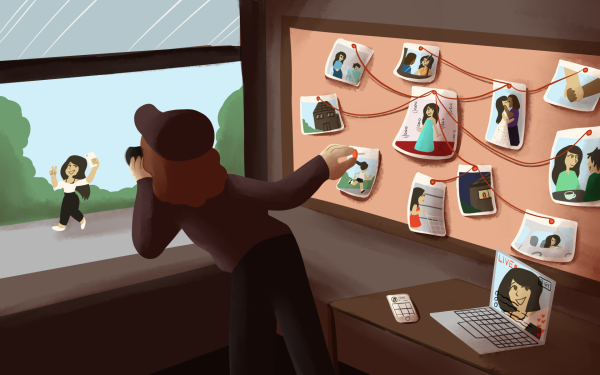

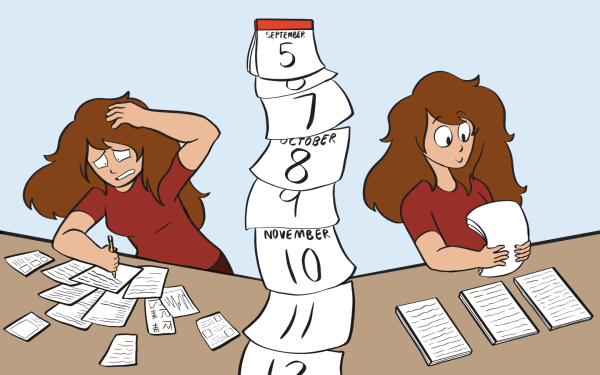
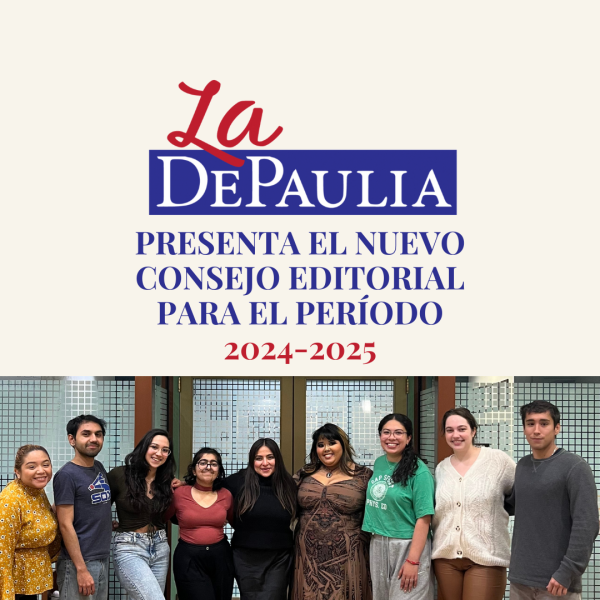
Harry • May 23, 2018 at 4:07 pm
> Johnson
Are you serious?!!!!
(On second thought, I think I’ll take #6)
Dan Harrison • May 20, 2018 at 11:13 am
Yes, Beer Baron, from a Jewish point of view!!
How do you justify the outright slaughter of over One Hundred Palestinian people (yes, human beings like you and I) since March that included fifteen children? People that never posed an immediate threat to Israel!! How do you? And don’t give me that Hamas human shield crap! How do you justify the outright illegal and criminal occupation of agreed upon Palestinian land -what’s left of it!. How do you justify that should anyone be critical, even in the slightest, of Israel’s policy and behavior in the Mid-East, by called them out an Anti-Semite – which, of course, includes Jews, Arabs, and Armenians – such a misnomer!!
How many Israelis were actually killed or hurt, by Palestinians trying desperately to find a voice in their own homeland as well, and if so, out of self-defense since they were driven out and displaced since 1948! These Palestinians are desperate people who are now in a perpetual state of trying to survive, people who have been reduced over the years into a barbaric state trying to protect what left they have!! These people are in survival mode! And that’s all you see, and in so doing see them as less than human to justify further crimes against them, and more land and their resources taken away by your state of Israel.
Israel, a shining beacon in the mid-east?!! Israel is the biggest part of the problem as America looks the other way no matter what Israel does against Palestinians.
So, don’t give us any of this Israeli exceptionalism that borders upon being outright sociopathic!
Think about Rachel Corrie who was killed in March 2003 by Israeli hands. No apologies made!
Think about the USS Liberty ship that was attacked by Israeli fighters in International waters in June 1967 killing thirty four American servicemen. Granted, President Johnson and McNamara was also behind this incident.
Israel is now being vilified by the international community for it’s recent crimes against humanity, and for very good reason! And the more Israel continues this the more Israel isolates itself from the international community, .
But, Think above all about this:
“…I want to tell you something very clear, don’t worry about American pressure on Israel; we, the Jewish people control America, and the Americans know it.” – Israel Prime Minister, Ariel Sharon / October 3, 2001
“…Once we squeeze all we can out of the United States, it can dry up and blow away.” – Israel Prime Minister, Benjamin Netanyahu
You can verify all this by doing a little research.
Dan
beer baron • May 28, 2018 at 5:32 pm
You sound really normal.
Beer baron • May 18, 2018 at 11:40 am
Israel is a shining star of freedom in a region, sadly, largely devoid of it.
In truth, Israel is a veritable social justice Shangri-La compared to the rest of the Arab Middle East.
Joe Moran, sr • May 15, 2018 at 9:04 pm
As a long, long, time ago (almost 60 years) grad from DePaul, it is instructive – and very sad – to see the overuse of foul language in this University forum, from, I presume, DePaul students, or God forbid, faculty, when they express disapproval of comments, especially online. Counsel to these young (in every way) ‘students’, the English language has lots of ways to express thoughts that go well beyond the use of immature, brutish, and thuggish words. As one might define these ‘students’ by prescient denizens of NYC, these DePaul thugs are really the living definition of a putz, or more inclusively, a schmuck, How can this sort of discourse be acceptable in a DePaul University communication-venue that should be asking them to, dare I say it, THINK?
George • May 15, 2018 at 7:50 pm
Thank you, Student!
Agree with me or not, at least there is someone out there that can contribute intelligently to the discussion.
I believe in criticism, even harsh criticism if need be, to make a point I could not effectively present otherwise. I was born and raised an American. Though I love my country for the ideals it stands for I cannot deny the history of Black slavery and outright racism perpetuated even in modern times – not to mention the mass genocide that was committed against the American Indians as a matter of policy in light of the Constitutional declaration that “All men are created equal”. What the ideals of a country are, however groups of people are represented in their respective governments, or the ideals as enshrined in their constitution, are often in conflict of what is in fact practiced as a matter of policy.
To have become overly sensitized in our identity as being American or Israeli, or Jewish, Greek, German, or Italian, let’s say, serves no purpose in our critical need to possess the courage to confront the truth of who we really are. For only then can we grow in moral conscience, and human understanding, and in so doing begin to break down the barriers between us.
> Maya Wind, a very courageous young Israeli woman who has risked her reputation – and I would say even her life – in exposing the Apartheid practices of her country, has gained considerable traction for the commitment of her moral faith. Please look her up!!
Thank you for the brief, yet spirited discussion!
I hope to read more constructive dialogue.
Take it from here guys! Wishing you all the best!
George
Student • May 15, 2018 at 5:50 pm
Go Michael! The Apartheid was a horrendous occurrence. It’s important to remember that Israel is the only democratic state in the Middle East, and near all minorities and majorities in Israel are democratically represented in the Knesset. Of course the Israeli government has its issues, as does every country, including Palestine and America, and these issues should not go unaddressed. However, labeling Israel an Apartheid state deeply underplays the Apartheid and undermines current people-to-people peace efforts in Israel/Palestine, and between Americans. We should be finding solutions, not name calling and trying to garner support with misleading vocab. I’d love to feel more welcome by SJP, but am sad to feel targeted and attacked this week. Very happy Hillel is working hard to open up these discussion-spaces, opposed to SJP who seems to just want to paint their flag in our minds. Thank you for this article!
Gregory • May 15, 2018 at 9:36 am
fuck you shut the fuck up… …….
Wow! Censorship at it’s best!!
I guess this says it all.
No room for an intelligent debate here!
mah • May 15, 2018 at 2:28 am
So much ignorance…. its sad
George • May 14, 2018 at 1:28 pm
A Gravatar?!!
I do appreciate your response, but that did not add anything constructive to the conversation!
Your adamant support for Israel is admirable, and even honorable. But, we also must confront the demons of our beliefs that hide in the darkest recesses of our hearts and minds.
The greatest defense Satan (metaphorically) has at his disposal is the incredible power of human denial. For this is very foundation for the justification of any evil we can ever imagine we could commit one to another.
Again, thank you for your response. It was truly appreciated…….in a good way!
George • May 14, 2018 at 10:46 am
Yes, there are differences between Israel and pre-Mandela South Africa, whether in their laws or their practices. But, Apartheid is not just defined in terms you had described. The laws of a land should first and foremost protect the health, welfare, and ultimately the lives of their citizenry. This humanely includes those people who are outside yet contingent to the boundaries of the state such that peace and harmony may co-exist among all those within it’s practical reach.
The recent indiscriminate killing of innocent people who have protested the violation of a holy city as they see it is, without question, a Crime Against Humanity by the state of Israel, whatever excuse you may give for such an inexcusable crime.
And, the illegal occupation of Palestinian land does not help Israel”s credibility to the world either.
Israel has repeatedly and consistently proved itself to be Aparthied, regardless of the laws it ostensibly upholds. And by virtue of that Israel has violated it’s own principles of human value. The entire world is waking up to this.
Israeli’s, and those that would support Israel, must come to the painful realization that Israel is in practice, and in fact, a bona fide Apartheid regardles of any other definition it may give itself.
Yes, I believe Israel has without question the right to exist. But, so do the Palestinians!!
Student • May 15, 2018 at 6:18 pm
May I add,
Israel is by no definition an Apartheid state. As mentioned earlier, Israel is a multicultural democracy, and according to Freedom House (human rights org), is the “only free country” in the middle east. Calling Israel an apartheid state offends Israelis and native peoples and victims of the actual apartheid. Minorities participate fully in Israel. No matter where minorities are, it is undeniable they will face disadvantages and struggles. Israel’s laws attempt to get rid of these inequalities. Palestinians are not citizens of the Jewish state of Israel, and the most of them dont want to be… They have their own leaders, such as Hamas and the PA, and they seek self-determination in their own state as well. Israel is called the startup nation bc it is one of the biggest leaders of innovative tech, and one example is water. They’ve been providing water to Palestinians more than they promised from the Oslo accords and helped Palestinians modernize their water systems. Palestinians have recently been suffering however bc the PA hasn’t been doing to well upkeeping these systems.. If there’s to be peace, both Israel and Palestine must equally strive for this peace. Other issues, especially deeper ones about land, capital, and solutions, can only really be solved through direct negotiations and Palestinians and Israel. Groups like BDS (who love and support SJP and use statements like “right of return”) seek to extinguish the Jews in Israel.. Co-founder Barghouti even said “We oppose a Jewish state in any part of Palestine”. I would love to feel welcome by SJP, as I obviously acknowledge that Palestinians should have human rights and justice, but I’d also like Jews to not turn into a stateless people. The best we can do as americans trying to get involved is to continuously discuss these issues, and ask what kind of solutions may be possible, and how we can support people to people engagement in Israel and Palestine. I suggest, as the author does, to attend conferences which support the existence of a Jewish state but criticize the Israeli governments questionable actions. Such organizations involve J Street and Hillel. It’s inspiring to see how actual Israelis and Palestinians work hard to ensure that the states they live in change for the good and ensure peace, safety, and justice for all living in the area.